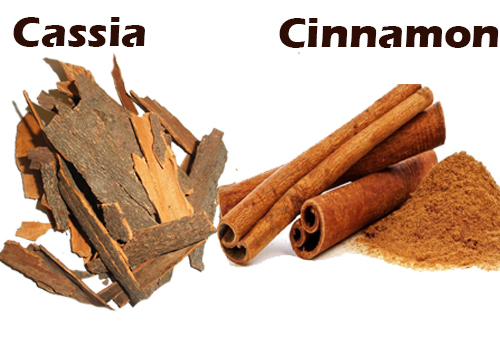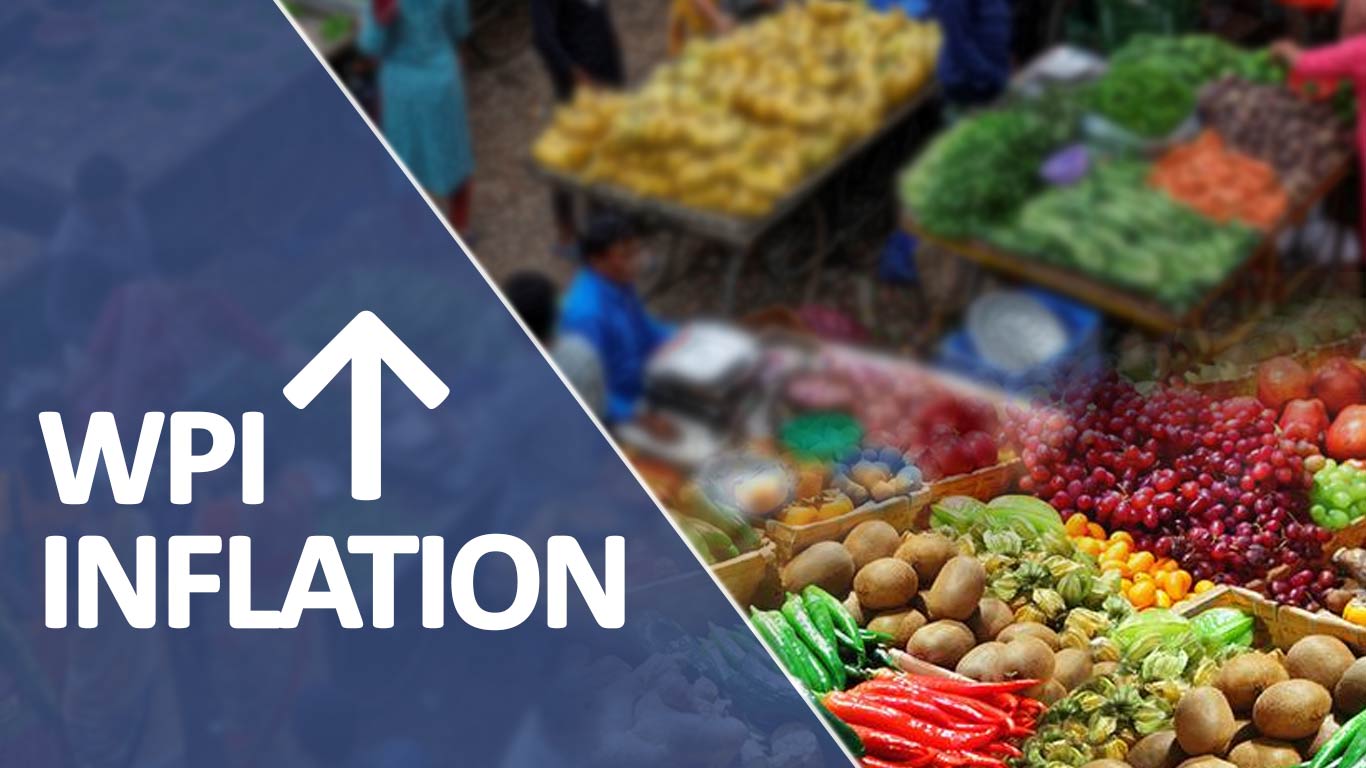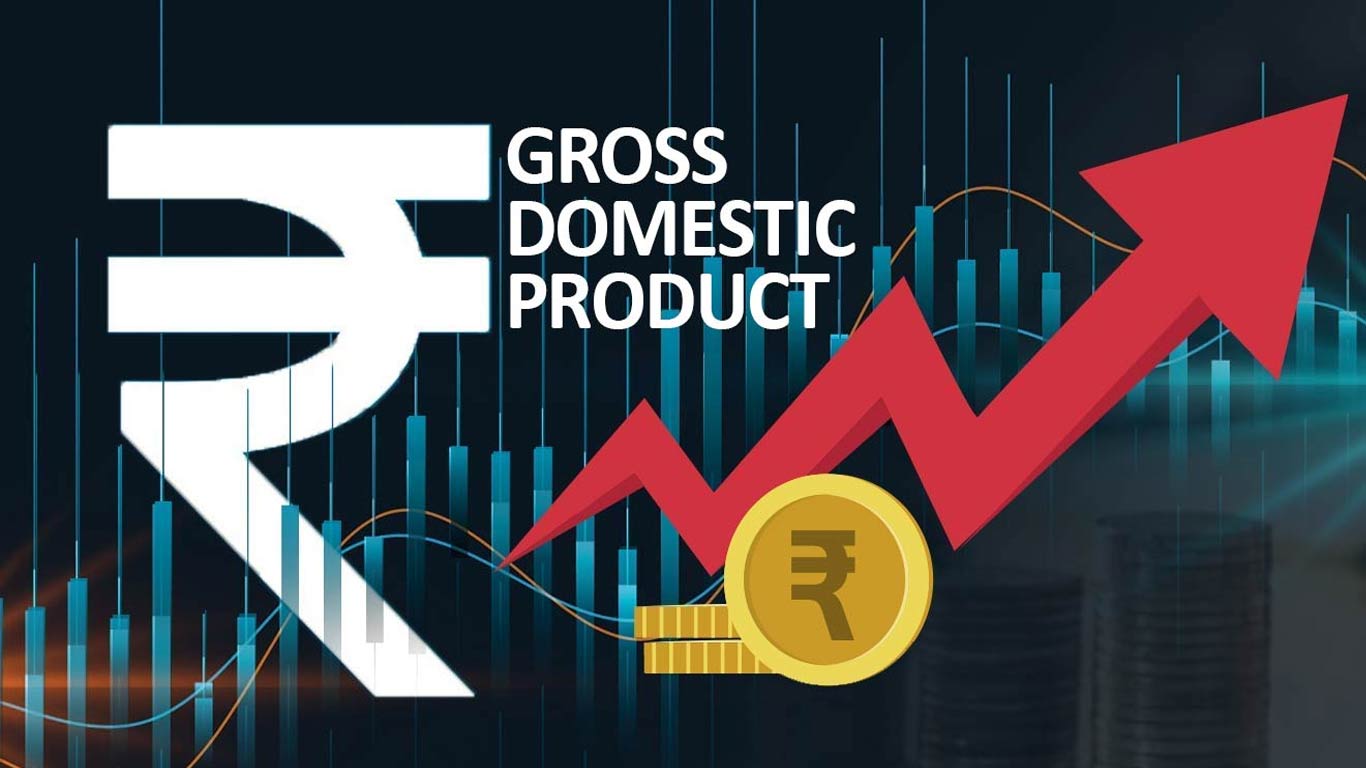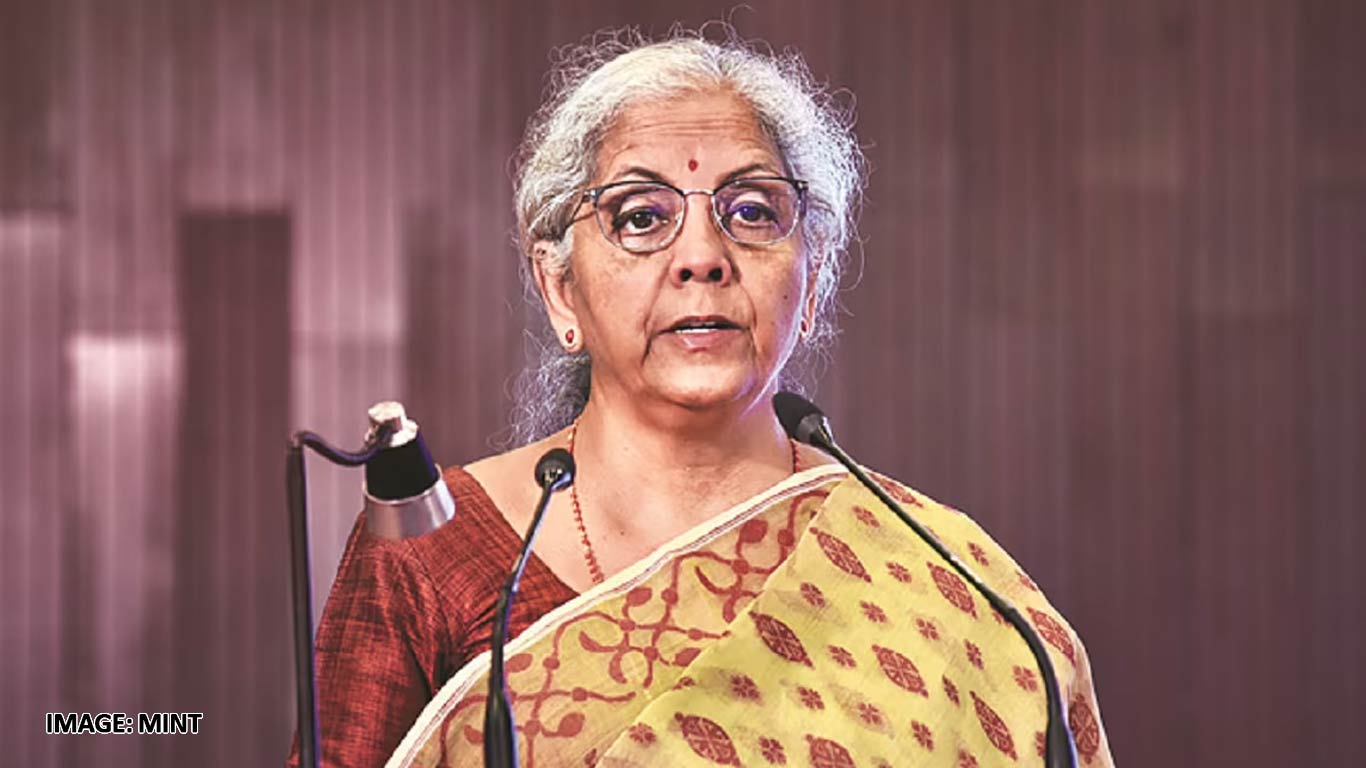Indian Consumers will now have the flavour of ‘true Cinnamon’ and not ‘fake Cassia’
Updated: Jul 05, 2016 11:16:07am

Indian Consumers will now have the flavour of ‘true Cinnamon’ and not ‘fake Cassia’
New Delhi, July 5 (KNN) The Food Standard and Safety Authority of India (FSSAI) is soon going to notify the standards for ‘true Cinnamon’ so that Indian consumers are not duped by a cheaper near identical spice called Cassia, sold widely in the Indian market in the name of Cinnamon.
This was announced by Pawan, Aggarwal, CEO, FSSAI, while meeting a delegation from the Sri Lanka Export Development Board, which called him at his office recently to request capacity building of Sri Lankan exporters for easy access to Indian market.
The delegation was arranged by Dr Rashmi Banga, Head, Trade Competitiveness Section of the Commonwealth Secretariat, London, as a follow up of the 2 day India’s Trade Symposium, held in Delhi on 29 and 30 June, 2016, and attended by nearly 25 participants from 10 Asian and African countries.
Aggarwal mentioned that this unique initiative will open new opportunities for Sri Lanka, which is one of the largest producers of ‘True Cinnamon’ to sell in Indian market by product differentiation against the cheaper substitute imported mostly from China.
True cinnamon besides providing characteristic spicy flavour, helps to control blood sugar, serves as an anti-bacterial agent, improves blood lipid profiles, serves as an anti-inflammatory and can help in thinning blood to protect against various forms of cardiovascular and coronary artery disease. On the other hand Cassia is both hepatotoxic (damaging the liver) and carcinogenic (cancer-causing).
Aggarwal also mentioned that FSSAI has also nearly finalised the quality standards for ‘True Cinnamon’ and only those products which conform to the standard could be sold in the Indian market as Cinnamon. Cassia which is faked in the market as Cinnamon, have to be sold in the Indian market as ‘Cassia’ after issue of the notification, Aggarwal explained.
Explaining the objectives of the Commonwealth programme for boosting India’s exports by linking LDCs into India’s potential global value chains, Dr. Banga mentioned that Commonwealth study has identified 35 products including spices where India can develop its own global value chains, through backward linkage with suppliers’ countries under commonwealth.
She mentioned that purpose of arranging a meeting with Indian food standards regulator is to highlight the problems the food product exporters from the Africa and South Asia face at the entry point regarding conformity to standards.
Anil Bhardwaj, Secretary General, FISME, who facilitated the meeting, mentioned that ideal solution may be to harmonise the standards of the exporting countries with that of India and also mutual recognition of testing facilities in the respective countries.
The CEO, FSSAI mentioned that his office is in regular dialogue with the embassy of Sri Lanka on the issue of harmonisation of food standards and food packaging and is ready to provide further facilitation on the issue.
Head, TCS, Commonwealth Secretariat, informed that on the request of the Ministry of Commerce of the Government of India, they are providing technical support to the Ministry to identify India’s Lead Products which have the potential of forming GVCs and further identify the inputs that LDCs can provide for linking into India’s GVCs and making them more cost competitive.
It was decided in the meeting that Commonwealth Secretariat and FSSAI will jointly organise two stakeholders meeting on food standards, one at Chennai and other at Colombo, by end of this year, to further streamline standard related barriers in food product exports from Sri Lanka to Indian market. (KNN/ DB)











